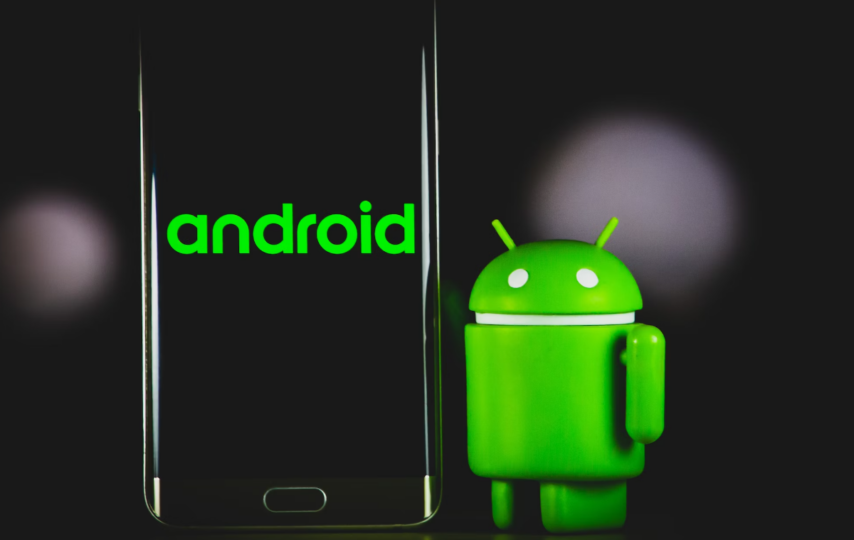In the rapidly evolving landscape of technology, Android stands as an omnipresent entity, gracing billions of devices worldwide. But who truly holds the reins of this ubiquitous operating system? In this article, we answer who owns Android, shedding light on its origin and development. Additionally, we will discuss the forces that drive its innovations.
At the heart of Android’s inception is Andy Rubin, a visionary entrepreneur. Rubin’s Brainchild: Android’s Beginnings was initially developed by his startup company, Android Inc., in 2003. Note that Google recognized the immense potential of this venture and acquired Android Inc. in 2005. It also set the stage for a revolution in the mobile industry.
Google’s Dominance and Stewardship
A New Era of Ownership marked the turning point for Android. Google’s resources and strategic prowess catalyzed Android’s growth, and in 2007, they unveiled the Android Operating System. However, it’s crucial to understand that Android, despite being under Google’s wing, operates as an open-source platform. Note that this enables manufacturers to adopt and modify the OS, birthing the diverse array of Android devices we see today.
The Open-Source Dynamic
Android’s open-source nature means it doesn’t have a single proprietary owner. Instead, it operates under the Android Open-Source Project (AOSP), overseen by the Open Handset Alliance (OHA). Note that this alliance comprises numerous tech giants, including Samsung, LG, and HTC, collectively influencing Android’s trajectory.
The Role of Device Manufacturers
While Google provides the core framework, device manufacturers wield significant influence. Companies like Samsung with One UI and Xiaomi with MIUI customize Android to align with their brand’s identity, thus enhancing the user experience and further blurring the lines of ownership.
Google’s Services and Control
Google’s suite of applications and services, known as Google Mobile Services (GMS), is deeply integrated into Android. This raises questions about the extent of Google’s control over the OS and whether this constitutes sole ownership in practical terms.
The Legal Perspective
Android’s ownership has faced legal challenges. Oracle’s lawsuit claiming copyright infringement exposed the complexities of ownership within the realm of software. While Google emerged victorious, the case highlighted the intricate web of rights and responsibilities.
Evolution and Future Possibilities
From Cupcake to Android 12 – Android’s journey is marked by dessert-inspired version names, reflecting its sweet evolution. The OS continually adapts to technological advancements, from improved security to enhanced user experiences, securing its relevance in the future.
Beyond Smartphones
Android’s influence extends beyond smartphones. It powers tablets, smart TVs, wearables, and even vehicles. This diversification showcases the adaptability of the OS and its potential to shape various industries.
Conclusion: Is Android Owned by Google?
In conclusion, the intricate tapestry of ownership and influence woven within the realm of Android reflects the modern technological landscape’s complexity. While the official ownership of Android rests with Google, the true narrative extends far beyond this singular entity. Android’s open-source nature has fostered a collaborative ecosystem where contributions from diverse developers and manufacturers have played a pivotal role in its evolution.
The question of ownership delves deeper into the realms of stewardship and innovation. Google’s initial acquisition and subsequent nurturing of the Android platform undeniably shaped its trajectory. However, the active participation of countless developers, manufacturers, and users across the globe has collectively contributed to Android’s metamorphosis into a ubiquitous and versatile operating system.
As we traverse the ever-evolving terrain of technology, the concept of ownership itself becomes fluid, transforming into a shared responsibility for nourishing and advancing platforms like Android. The dynamic interplay of corporate stewardship, community engagement, and individual empowerment intertwines to define Android’s essence.
While Google may hold the reins, the vibrant ecosystem it has cultivated underscores that Android’s ownership extends beyond a single entity. It resides in the hands of the collective – a global amalgamation of creative minds and committed contributors who drive its perpetual growth.
FAQs: Who Owns Android
Q1: What role do users play in the ownership of Android?
Users are an essential part of the Android ecosystem. Their feedback, usage patterns, and demands influence the platform’s evolution. User interactions also contribute to shaping the user experience of Android devices.
Q2: Can individuals contribute to the development of Android?
Absolutely, individuals can contribute to Android’s development by participating in open-source projects, submitting code changes, and providing feedback. Google maintains a platform for collaboration, allowing developers to contribute to the OS’s improvement.
Q3: How does Android’s ownership impact its competition with other operating systems?
Android’s ownership by Google positions it as a significant competitor in the mobile operating system market, particularly against Apple’s iOS. The open-source nature of Android also encourages healthy competition among device manufacturers using the platform.
Q4: What does the future hold for Android’s ownership?
The landscape of Android’s ownership and development will likely continue to evolve. The balance between Google’s stewardship, community contributions, and user demands will shape the platform’s future direction and innovations.








